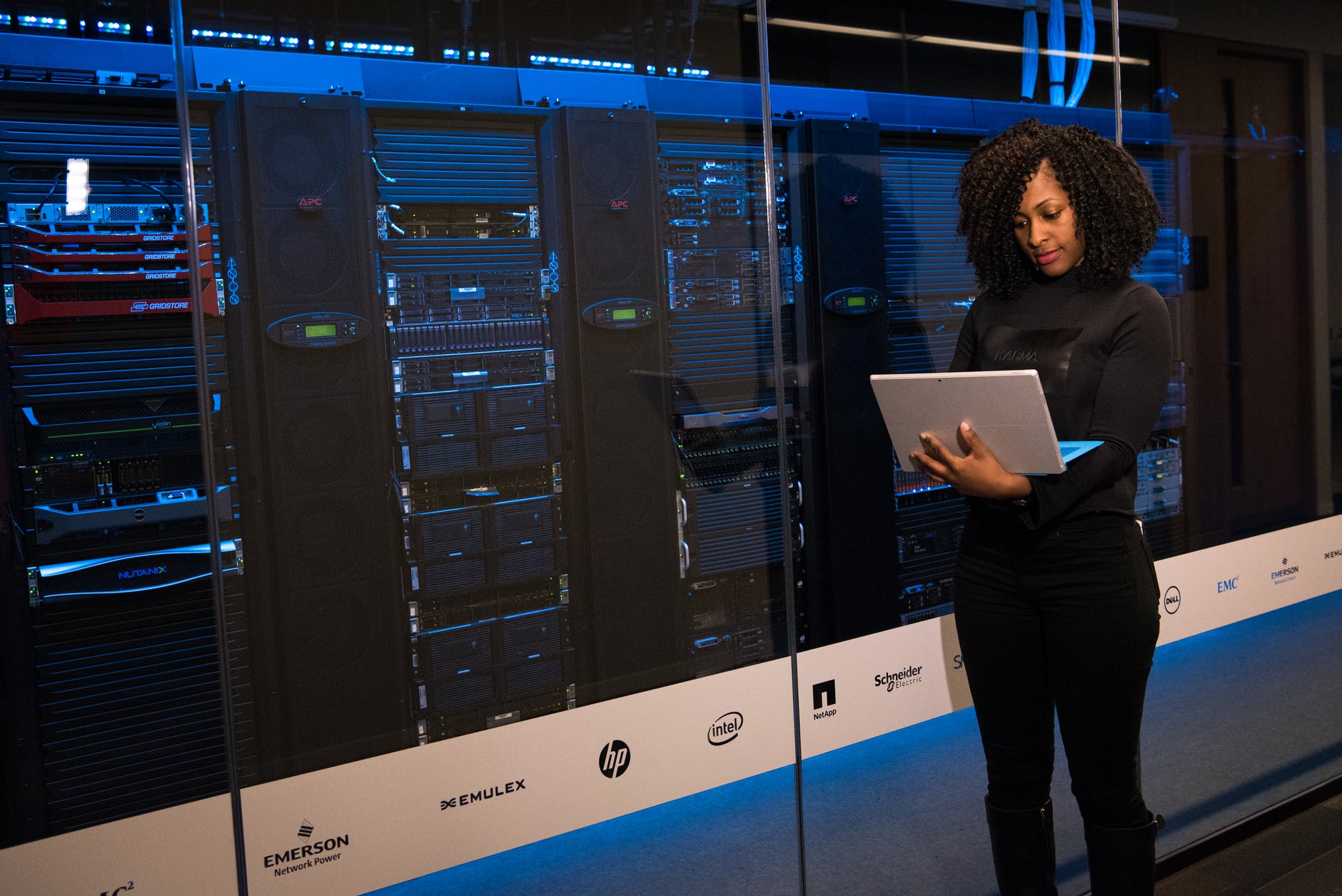
The rule of the internet today is “protect yourself or suffer the consequences.” These consequences could entail losing valuable data to unruly elements to getting blocked and banned from accessing certain content.
People and Brands, therefore, make it an important point to stay protected while surfing the internet. One way that businesses protect themselves is through the use of proxies or, more precisely, private proxies.
These proxies are designed and managed by a third-party proxy service provider to protect and improve the internet experience for users. Aside from protection and anonymity, private proxies also help brands bypass geo-restrictions when they need to access data from a forbidden location, automate several operations such as web scraping, and perform activities quickly and more efficiently.
Table of Contents
What Are Proxies?

Img source: pexels.com
Proxies are now very popular tools commonly used to serve as primary intermediary networks that stand anywhere between a client and the web and facilitate transmitting communications back and forth.
These special computers play the part of a middleman and work to take requests from the clients, deliver these requests to the target destinations, and return results promptly and quickly. They do all of these whiles using their internet protocol (IP) address and location instead of the client’s one.
The purpose is to confer anonymity on the client during certain online operations, protect the client’s sensitive information such as the IP address, and eliminate any restrictions or blockings that may inhibit the client from accessing certain websites or servers.
Apart from this, proxies serve secondary yet very important functions, such as saving caches and later using them to save processing time, balancing server loads by redirecting incoming traffic, improving communication speed, and boosting overall performance.
The Main Types of Proxies
There are several kinds of proxies, each differing according to functionality and features, but the main types of proxies are defined below:

Img source: pexels.com
-
Forward Proxies
This is perhaps the most general and common class of proxies and includes all proxies that function mostly for the benefit of the browser. They accept requests from the user and forward them using their information. Then they return the results using the same route. Its major benefits include anonymity and data protection.
-
Transparent Proxies
These are also very popular proxies but not nearly as useful, especially for companies. While they mediate between clients and the internet, they usually transmit requests and the user’s information. That way, the target website or anyone watching could tell who the request is coming from.
-
Public Proxies
These proxies are available to the general public. They are effective, but the free ones may not be ideal for use. They are called public proxies because they are known for more than one person to use at a time. This, in turn, means they may not be as fast.
-
Private Proxies
These are also sometimes called dedicated proxies and are built and managed by a third party software company. They mostly come with IP and locations that one user can exclusively use at a time. Some come with IP addresses that are tied to a physical location, while others do not. However, they are considered the safest and most effective type of proxies to use.
What Are Private Proxies?

Img source: pexels.com
As described above, private proxies come with addresses, locations, and proxy pools available to one user at a time. This implies that you have options of locations, IPs, and proxies that no other user is using at that particular point when you use a private proxy. This makes it easy to switch and change information as often as is required to stay anonymous. If anonymity is one of your top priorities, you can read the article here to learn more.
Hence, a private proxy is ideal for web scraping from various data sources at once. It is also used for monitoring data such as a minimum advertised price (MAP) or brand digital assets. Companies that perform ad verification also find these as the most proper types of proxies to use.
The two most common types of private proxies are private residential and datacenter proxies. Private residential proxies are usually created by an internet service provider (ISP) and come with a dedicated IP address tied to a verifiable physical location. While using this type of proxy, the user appears to be a regular internet user to the target website. This, therefore, minimizes the chances of getting blocked during sensitive activities such as price intelligence gathering.
On the other hand, a private data center proxy is built and managed by a third-party service provider and usually comes with virtual addresses. The origin of their IP address is usually called a subnet, and because all the addresses come from the same subnet, using datacentre proxies for certain operations may trigger anti-bot mechanisms. However, when used for the proper functions such as email protection, a private datacentre proxy boasts unparalleled speed and performance.
How Do Private Proxies Work?

Img source: pexels.com
When a client is connected to a private proxy, all requests and communications are routed via the proxy. The process begins when the client sends out a request. The private proxy accepts the request and modifies it if need be. Then it forwards the request to the target server using its information. When the results are returned to the user, they are, once again, passed through the proxy, which screens them to ensure they do not contain any malicious content. Lastly, they are presented to the user in a readable format such as a web page.
Advantages of Private Proxies
The three most important benefits of using private proxies include the following:
- They keep users’ information both private and secure
- Users can enjoy very fast connection speed
- Private proxies make it very easy to access content in different locations, thereby eliminating geo-restrictions
Conclusion
Every business wants to be anonymous, protected, and have its data secure. All these can be easily achieved by using the best private proxies. And while it may come at an extra cost, the benefits are usually worth it.







